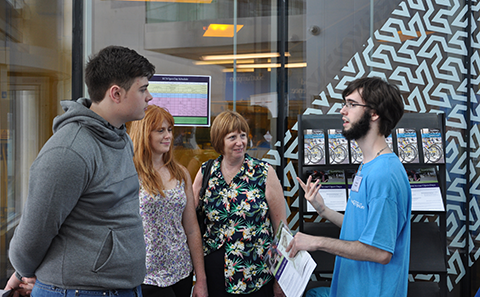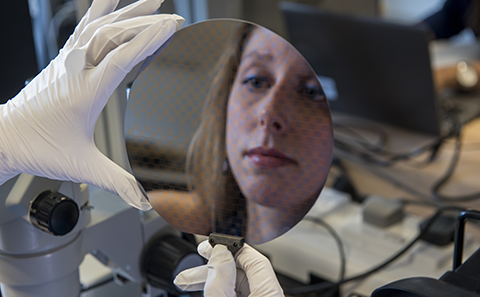
Visit us
Visiting the University is a great opportunity to see the campus and find out what it’s really like to live and study here.

Visiting the University is a great opportunity to see the campus and find out what it’s really like to live and study here.

From artificial intelligence and multimedia to electrical engineering and computer science, we can help meet your ambitions.
Electronics and Computer Science students talk about their plans for the future.